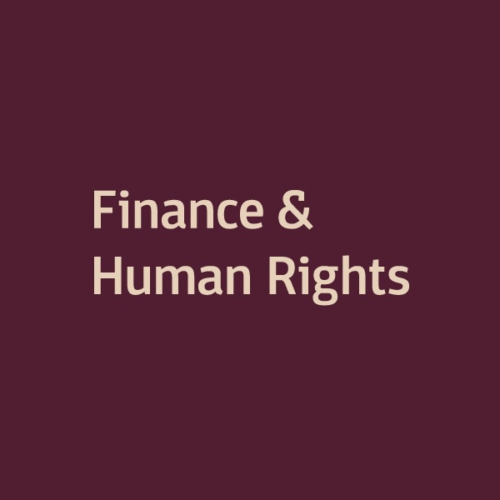Content: This paper sets out the proposed and adopted changes in the Equator Principles (“EPs”) after their fourth iteration with a specific focus on human rights. It addresses the human rights concerns articulated by civil society and how financiers can take the lead and “future-proof” their portfolios against social risk.
Year: November 2019
Language: EN
Keywords: Equator Principles; EP4; Financial Institutions; Sustainable Finance; ESG; Dakota Access Pipeline project; Free, Prior and Informed Consent (FPIC); UN Guiding Principles on Business and Human Rights (UNGPs); Human Rights Risks; Human Rights Due Diligence.
Abstract:
Before the 2016 Dakota Access Pipeline project (“DAPL”) protests, the Equator Principles (“EPs”) – a voluntary risk management framework that assists financial institutions in determining, assessing and managing environmental and social risk – had never been in focus like other voluntary frameworks such as the UN Sustainable Development Goals (“SDGs”) and the UN Guiding Principles on Business and Human Rights (“UNGPs”). It is only after these protests that a stronger light has been shed on the EPs. Indeed, a number of financial institutions – 13 of which were signatories to the EPs – were heavily criticised for their support of the DAPL in which local Indigenous consent was disputed.
After the DAPL protests, continuing media scrutiny and associated reputational risks made human rights to become the keystone of this fourth EP-review period (EP4). The Equator Principles Association (“EPA”) adopted the new draft mid-November 2019. This paper sets out the changes in EP4 and assesses whether they successfully address the human rights concerns expressed by civil society during the review process. Finally, it assists financiers in going beyond the EPs in order to promote and assist human rights in their commercial activities.
Author: Astrea Milne for Finance & Human Rights (FaHR)
